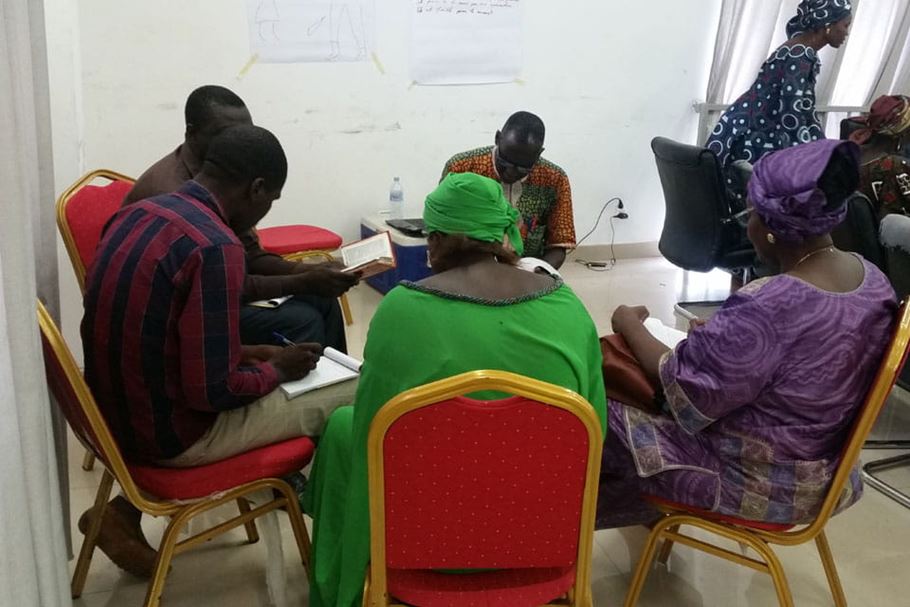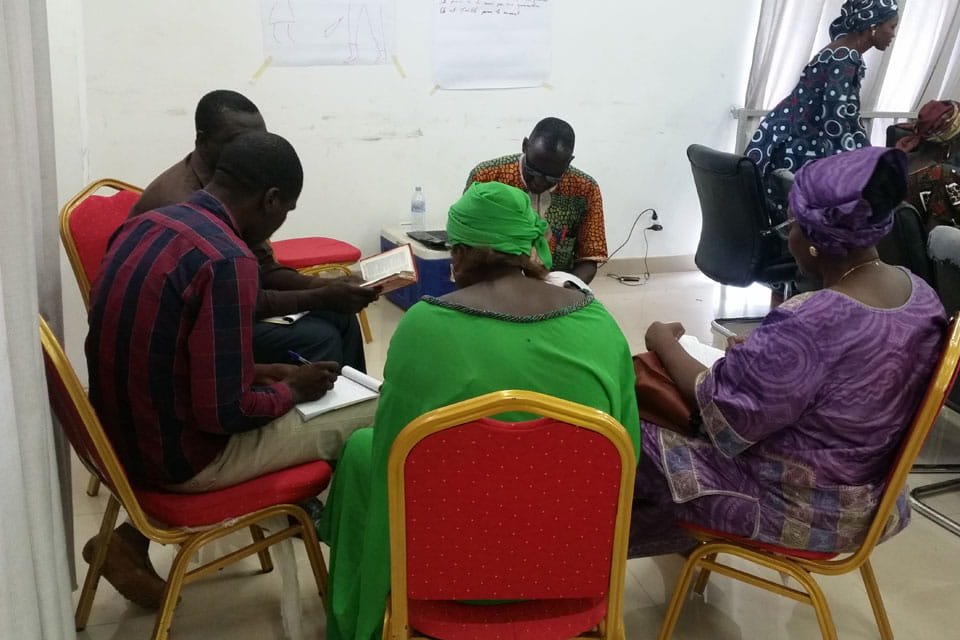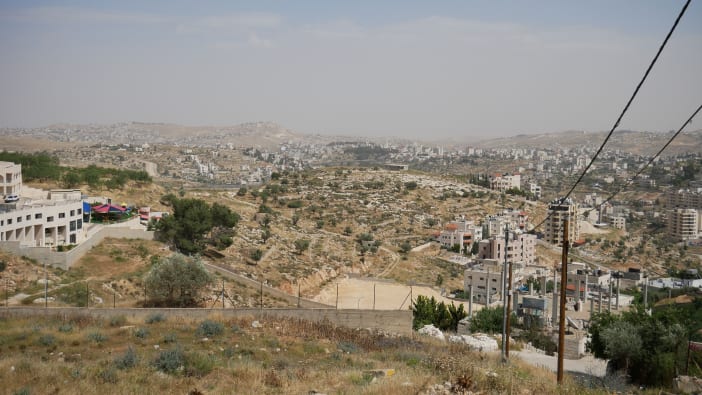Manning Up
'What is masculinity?' It's a controversial question. It also gets people talking in Chad, where Tearfund ran a course called Transforming Masculinities.
Written by Tearfund | 07 Feb 2019



Written by
Written by Tearfund
What does it mean to be a man in the 21st century? It’s a hot topic right now with the #MeToo movement. In many parts of Africa it can be a life-and-death question.
Sexual and Gender-Based Violence (SGBV), including Female Genital Mutilation or Cutting (FGM/C), is still rife across a number of African nations – including in many churches.
Sabine Nkusi and Uwezo Lele, from Tearfund’s Protection and Gender Unit, helped to run a course called Transforming Masculinities in Chad. Sabine wondered how well the men, many of them church leaders, would respond to an invitation to have their models of masculinity challenged…
‘It’s the first day of the three day course. As my colleague Uwezo asks what expectations participants have, Pastor Enoch* speaks up: “I don’t know why you want to transform us men. Do you want to make us women?” I get the feeling that Pastor Enoch is speaking for a number of the men present, many of whom are looking nervous about what’s to come.
‘He continues, “There are more pressing issues to talk about, such as how do we bring the gospel to the lost souls?” Pastor Enoch keeps sharing his thoughts throughout these three days, but his tone begins to change.
‘My colleague Uwezo Lele is delivering the training. What’s being discussed has huge consequences for women. However, the men present need to hear these thoughts from a man’s perspective, so I’m glad we will be working together.


Fresh perspectives: the Transforming Masculinities class.
‘'(My wife) said I do not value her opinion and that I make all the decisions – she said I had all the power.'’
Everyday violence
‘The first day, we explore the meaning of violence, especially SGBV. The church leaders are asked to share examples of any violence they’ve encountered. There are plenty of examples to share, and it becomes clear that it’s often the women who are on the receiving end.
‘One topic that comes up again and again is FGM/C. It’s still a widespread practice in Chad and it’s good to hear it being named for what it is: violence, and not just tradition.
‘On day two we open our Bibles, which is music to the ears of the pastors. We talk about the story of Tamar: why was she raped and what was the role of men in her tragic story?
‘We talk about who holds power: in the home, in the community and in their society. Who gets listened to? Then participants are given some challenging homework: they’re encouraged to go home and ask their spouses and families what aspects of their behaviour need to change.
A revelation
‘Pastor Enoch does his homework and comes back the next day ready to share. He says that his wife was surprised that he would want to know her thoughts, and she had been reluctant to speak to him.
‘“I was saddened that my wife didn’t feel she could talk to me,” he admits. “She said I do not value her opinion and that I make all the decisions at home. Everything from how we spend money, to what she should wear – she said I had all the power.”
‘The women talk about their experiences. They say that they were constantly told that they were inferior, particularly by the teachings in the church.’
‘This is a revelation for Pastor Enoch. He was born into a polygamous family. His father was the final authority in the home. Pastor Enoch had never questioned what he had grown up with. For him, being a man was being like his father.
Manning up
‘It could have been so easy for Enoch to simply take offence and dismiss his wife’s criticism – nobody appreciates home truths like that. However, he chooses to “man up” and face his shortcomings.
‘“This has really challenged how I think a man should be,” he tells us. “I don’t need to have all the power. It made me think about FGM/C and the women who had gone through it as young girls. They had no power and say in what happened to them.”
‘The women present talk about their experiences. They say that they were constantly told that they were inferior, particularly by the teachings in the church.
‘It is a revelation to Pastor Enoch: “I had never taken time to really listen to how women felt, even in my church. This week, it was brought home to me that violence against women, especially FGM/C, is because of an inequality of power. We need to think about our roles as men in this. Our ideas of masculinity need to change.”
‘Pastor Enoch left Transforming Masculinities, along with many others, fired up to speak out against violence, especially FGM/C, but also to be a very different husband, father and man.’
*The pastor's name has been changed for this article.
PRAY ABOUT THIS:
Gracious God, thank you so much for all the lives that you’ve turned around, thanks to Transforming Masculinities. We pray that thousands more men and women around the world will discover the good news of your true model for masculinity, based on Jesus himself. Amen.
Share this page
Share this page to spread the word and help support those in need.

Get our email updates
Learn about our work and stay in touch with Tearfund. Hear about our news, activities and appeals by email.
Sign up now - Get our email updates






